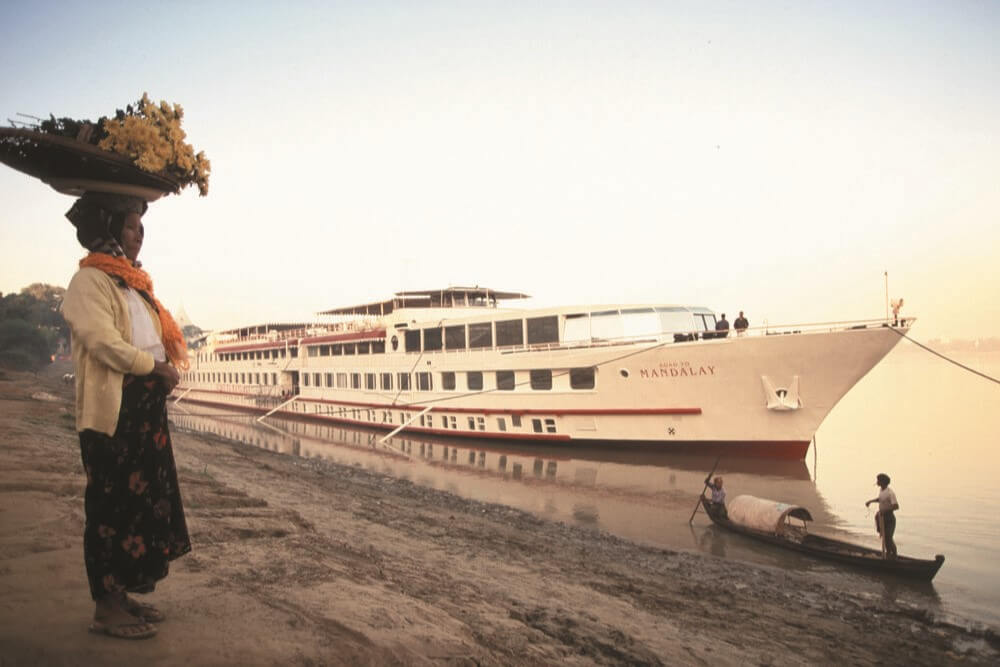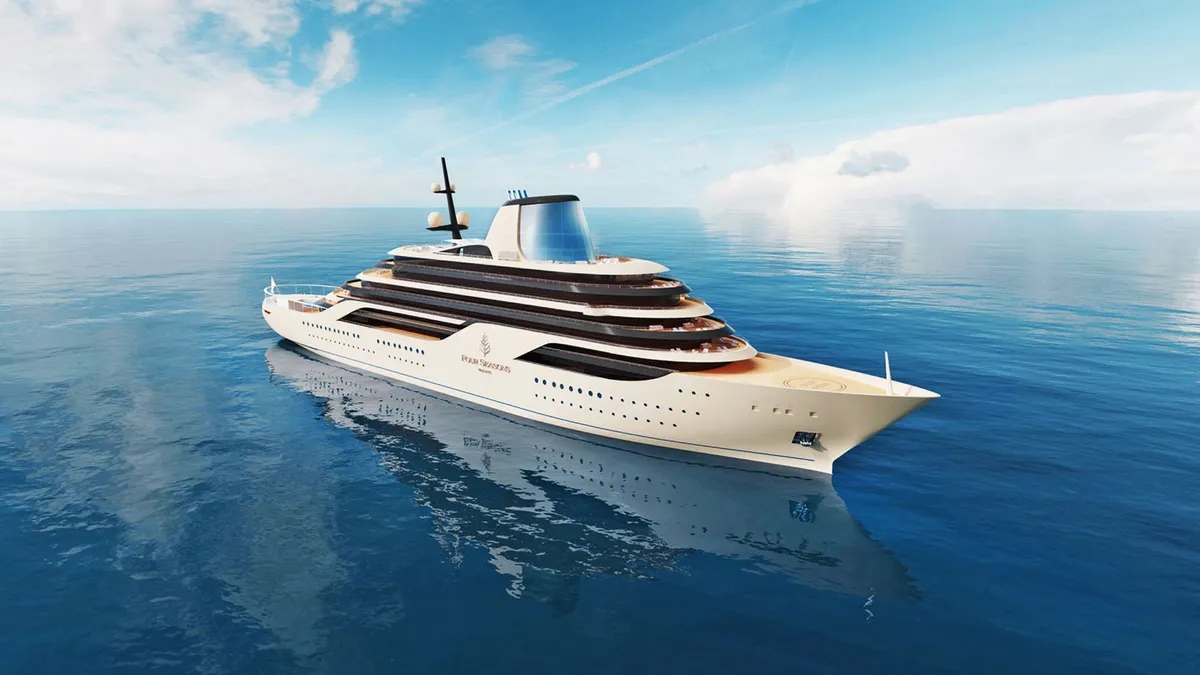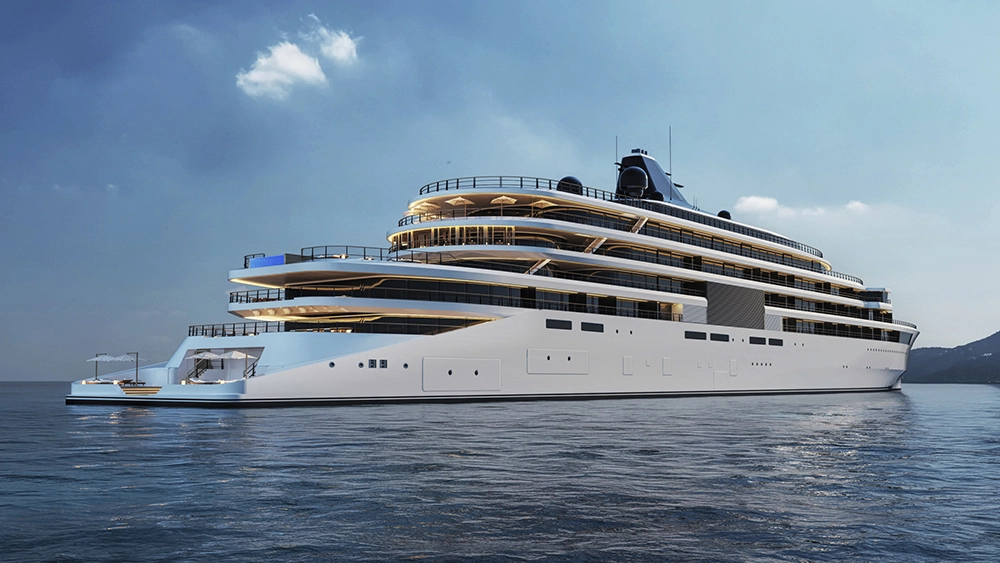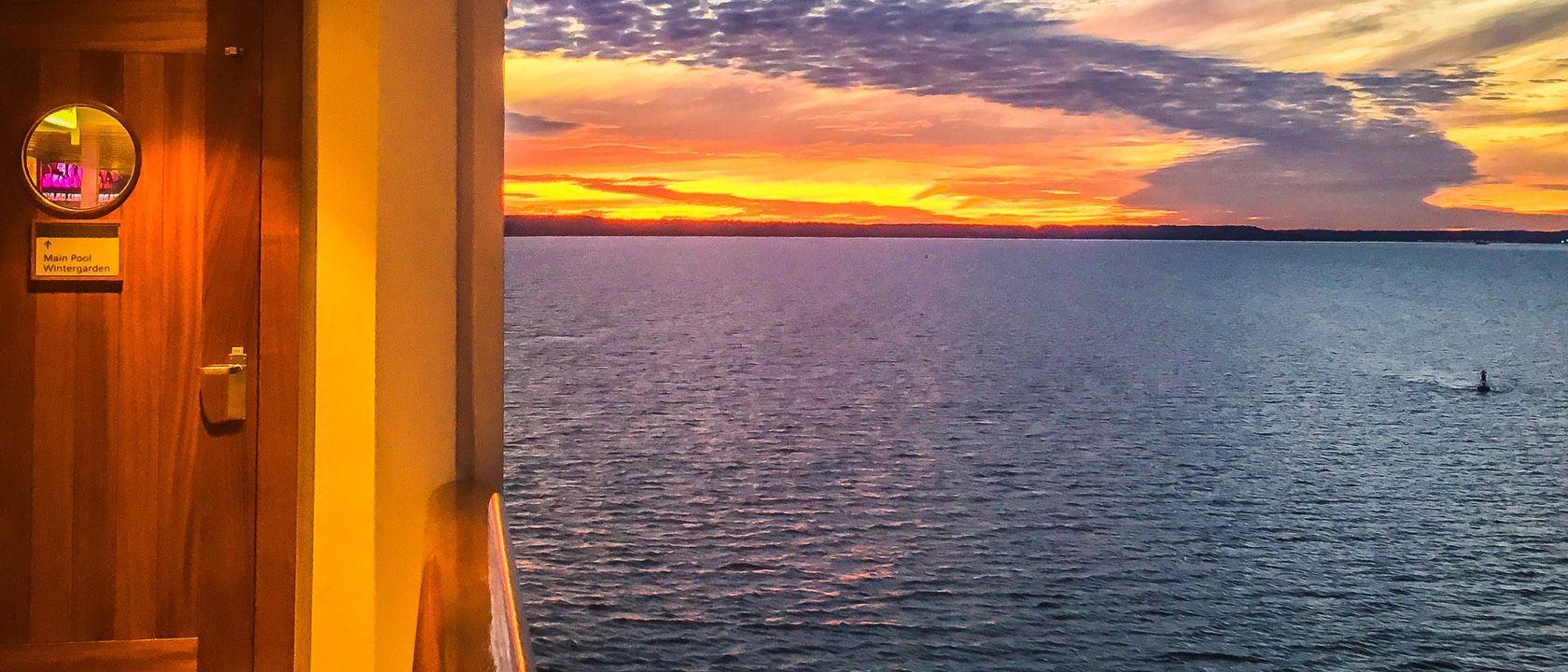
6 Questions: Hotel-Operated Cruise Lines and Technology Behind Them
Hotel-operated cruise lines are a new emerging trend, offering a combination of top-notch accommodations and unique experiences at sea. Several well-known hospitality brands, namely Ritz Carlton, Four Seasons, Belmond, and Aman are blurring the lines between hotels and cruise ships in their new products.
These brands aim to attract customers who typically charter superyachts, promising even more luxury on their ships – which are still small enough to feel exclusive. Behind the scenes, managing these floating hotels requires intricate organization. Ship management software plays a vital role in streamlining operations and delivering exceptional service.

With the help of Denis Severyuk, CEO of HotelFriend and co-creator of HotelFriend Solutions for ship management, we will reveal how hotel-operated cruise lines use ship management software to optimize their work processes.
What are your thoughts on the luxury hotel brands, such as Ritz-Carlton, expanding into the cruise industry?
Denis Severyuk: No wonder that major hotel chains became so invested in cruises: the global demand is rising. It is expected that more than 31 million people will go on ocean cruises this year. This sector has a remarkable rate of repeat bookings and provides an outstanding level of service with a high return on investment.
The rapid recovery of luxury travel, which outpaces the broader market, makes this partnership even more appealing for cruise operators. For hotels, offering cruises means providing their existing customers with more ways to use their loyalty points and encouraging them to increase spending within the hotel chain.

Why exactly are there hotel brands venturing into the cruise market?
DS: Major hotel operators are facing challenges with debts and lower occupancy levels as a consequence of COVID. By pairing with cruises, luxury hotel brands can offer something new to the premium segment and attract customers who are willing to spend more on luxury travel. This can help them speed up their own recovery.
What’s more, higher-end luxury is one of the biggest trends in the travel industry right now. Everybody is trying to get in on that trend! To catch up, hotel-operated cruise lines focus on creating luxurious spas, upscale restaurants, and larger stateroom suites. However, their ultimate goal is to offer passengers not only high quality but also a wide range of choices on board.

How does work organization differ between traditional hotels and hotel-operated cruise lines?
DS: One thing that stands out on the hotel-operated charters is the close and personal atmosphere. Their superyachts will prioritize privacy and space, with a crew ratio of two staff members for every guest. The emphasis on both software and service, as well as hardware and experience, is vital.
Cruise ship employees have a broader skill set and are expected to handle various responsibilities as needed. They often work longer hours and have less time off during their contract compared to hotel employees. Safety and emergency procedures are specific due to their operations at sea. They have well-defined protocols to ensure the safety of everyone on board.
What role does ship management software play in cruise line operations?
DS: Simply transferring the land-based experience to a ship is not enough. To stand out in the market, you need to offer something innovative that addresses current gaps. This is where ship management software plays a crucial role, simplifying and optimizing cruise line operations while enabling the end-to-end experience.
Ship management software enables effective crew management, including assignment tracking, work-hour monitoring, and regulatory compliance. When combined with a mobile app, this system facilitates a seamless check-in process, allows guests to book dining and shore excursions, and even provides the ability to unlock cabin doors. It’s important for this software to function both online and offline to ensure uninterrupted service.
How does ship management software streamline onboard services like guest accommodations, dining, and entertainment?
DS: Ship management software allows for easy management of guest stays. It streamlines room allocation and automates check-in and check-out processes. For example, when a guest boards the ship, the software can quickly assign them a cabin based on their preferences and payment status, eliminating manual work and reducing waiting times.
When it comes to dining, the software facilitates table reservations and accommodates specific meal preferences. Guests can conveniently pre-select their dining options and indicate allergies or dietary restrictions through an online portal or mobile app. This information seamlessly integrates with the ship’s system, ensuring a personalized dining experience for each guest.
Plus, the software can help cruise lines schedule and coordinate events and activities throughout the voyage. It provides a centralized platform to manage entertainment venues, ticketing, and guest participation.
How can these solutions help ensure a smooth transition between hotel and cruise services?
DS: In recent years, people have been prioritizing experiences above all. This change in consumer behavior is also seen among those who choose hotel-operated cruises. They have the highest expectations, seeking a smooth cruising experience coupled with excellent hotel-like service.
At the same time, passengers want to enjoy a cruise without “other people”, and they want to have the freedom to choose their own activities. By combining Ship management software with a guest app, cruise lines can offer more than just a hotel room. They can provide a comprehensive package that integrates various services such as food, entertainment, and events, providing guests with a seamless and immersive journey.
About HotelFriend
HotelFriend, a software provider based in Germany, has been offering comprehensive property management software to hospitality businesses since 2016. Their software solutions cater to a wide range of establishments, including hotels, apartment rentals, and cruise lines.



